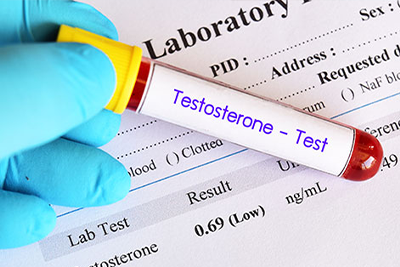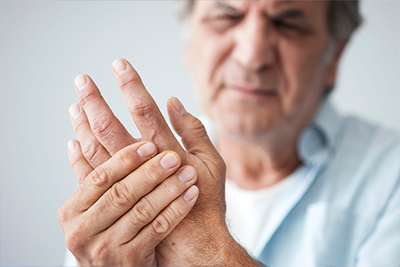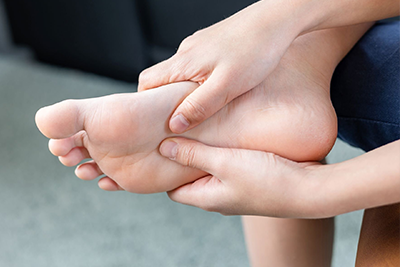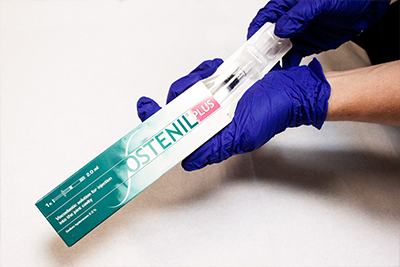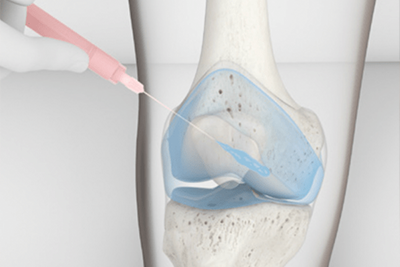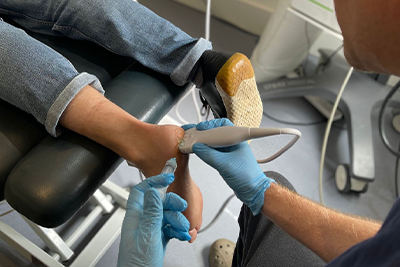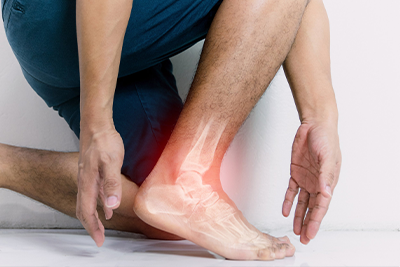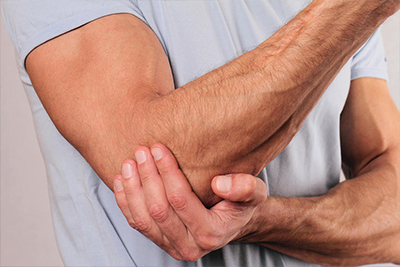We all know that diet plays a role in our overall health, but what about pain? If you’ve ever noticed your joints feeling stiffer after a heavy meal or an old injury flaring up when you’ve been eating poorly, you’re not imagining it. The food we eat directly impacts inflammation levels in the body, which can affect pain, recovery, and overall well-being.
At Vale Health Clinic, we believe in a holistic approach to health. Whether you’re dealing with chronic pain, recovering from an injury, or simply looking to feel your best, your diet could be a powerful tool in managing discomfort.
The Link Between Diet, Inflammation, and Pain
Pain and inflammation often go hand in hand. Inflammation is a natural part of the body’s healing process, but it can lead to ongoing pain, stiffness, and discomfort when it becomes chronic. Conditions like arthritis, fibromyalgia, and even general muscle soreness can all be exacerbated by high levels of inflammation.
So, where does diet come in? Certain foods promote inflammation, making pain worse, while others help to calm the body’s inflammatory response. Understanding this balance can be key to managing pain naturally.
Foods That May Worsen Pain and Inflammation
Some foods are known to increase inflammation in the body, contributing to pain and discomfort. If you’re struggling with joint pain, back pain, or recovering from an injury, it’s worth considering how these might affect you.
Processed and Fried Foods
Ready meals, crisps, and deep-fried foods contain trans fats and refined oils, which are known to trigger inflammation. These foods are also often high in preservatives and artificial additives that may negatively impact gut health, further increasing inflammation.
Refined Sugars and Carbohydrates
White bread, pastries, and sugary drinks spike blood sugar levels, leading to increased inflammatory markers. A high-sugar diet has been linked to greater pain sensitivity, particularly in conditions like arthritis.
Red and Processed Meats
While meat can be a good source of protein, processed meats like sausages and bacon contain compounds that can increase inflammation. Some studies suggest that excessive consumption of red meat may contribute to inflammatory conditions.
Alcohol
Excessive alcohol consumption can disrupt the body’s natural ability to reduce inflammation, making pain worse. While moderate alcohol intake may not have a significant impact, heavy drinking has been linked to increased pain sensitivity and joint discomfort.
Dairy (for some individuals)
Not everyone is affected, but some people find that dairy products contribute to joint or muscle pain, mainly if they are intolerant to lactose or casein. If you suspect dairy may be a trigger for your pain, try reducing it for a few weeks and see if symptoms improve.
If you consume these foods regularly and struggle with ongoing pain, reducing them could be a simple way to see if your symptoms improve.
Pain-Reducing Foods to Eat More Of
Fortunately, many foods actively help to combat inflammation, supporting the body’s healing process and potentially easing pain. If you’re looking for ways to support your body nutritionally, here are some of the best options.
Oily Fish
Salmon, mackerel, and sardines are rich in omega-3 fatty acids with powerful anti-inflammatory properties. Regular consumption of oily fish has been linked to reduced joint pain and improved mobility in conditions like arthritis.
Leafy Greens
Spinach, kale, and broccoli contain antioxidants that help to reduce oxidative stress in the body, which can contribute to pain. They are also rich in magnesium, a key mineral that supports muscle relaxation and nerve function.
Berries
Blueberries, strawberries, and raspberries are packed with polyphenols, which help to lower inflammation levels. They are also a great source of vitamin C, which plays a crucial role in collagen production and tissue repair.
Turmeric and Ginger
These spices have been used for centuries for their anti-inflammatory effects. Curcumin, the active compound in turmeric, has been shown to help with joint pain, while ginger has natural pain-relieving properties similar to some medications.
Nuts and Seeds
Almonds, walnuts, flaxseeds, and chia seeds provide healthy fats that can help to reduce inflammation. They are also rich in vitamin E, which has been linked to improved joint health.
Olive Oil
A key part of the Mediterranean diet, extra virgin olive oil contains compounds that work similarly to anti-inflammatory medications. Swapping out vegetable oils for olive oil can make a significant difference.
Green Tea
Known for its high antioxidant content, green tea has been shown to help lower inflammation markers in the body. It also supports overall health by promoting better digestion and metabolism.
Incorporating these foods into your daily routine doesn’t have to be complicated. Even small dietary tweaks can have a big impact over time.
Can Your Diet Help With Specific Pain Conditions?
Many people come to us at Vale Health Clinic looking for ways to manage pain without solely relying on medication. While dietary changes won’t necessarily be a ‘cure’ for pain, they can certainly help with a wide range of conditions, including:
- Arthritis – Reducing processed foods and increasing omega-3 intake may help to ease joint pain.
- Back pain – Supporting muscle health with lean protein and anti-inflammatory foods can promote better spinal health.
- Migraines – Some people find that certain foods trigger headaches, while magnesium-rich foods (like spinach and nuts) may help prevent them.
- Fibromyalgia – A diet rich in whole foods, low in sugar, and high in antioxidants may reduce flare-ups.
- Recovery from injury – Nutrients like protein, vitamin C, and zinc support the body’s natural healing processes.
If you’re unsure how your diet may affect your pain, keeping a food diary can help identify any patterns.
Making Sustainable Changes
It’s easy to get overwhelmed when looking at dietary changes, but you don’t have to overhaul everything at once. Instead, focus on small, sustainable changes:
- Swap processed snacks for nuts or fruit.
- Replace sugary drinks with herbal tea or water infused with lemon.
- Choose whole grains over white bread and pasta.
- Add oily fish to your meals at least twice weekly.
- Cook with olive oil instead of vegetable oils.
Building healthier habits doesn’t mean giving up everything you love—it’s about making choices that support your long-term well-being.
Listen to Your Body
If you’re struggling with pain, don’t overlook the role of diet. What we eat can either fuel inflammation or help to reduce it and making the right choices can be an essential step in managing discomfort naturally.
At Vale Health Clinic, we believe in a holistic approach to pain management. Whether you’re looking for nutritional advice, injury recovery support, or hands-on treatment, we’re here to help.
If you’re ready to take control of your health and explore how diet could be affecting your pain, book a consultation with us today.
Related Articles
- Eat to Beat Pain!
- Chiropractic Treatment and Nutrition
- Diet and Nutrition For Arthritis
- Joint Support for Summer Sport
- Managing your Back Pain


